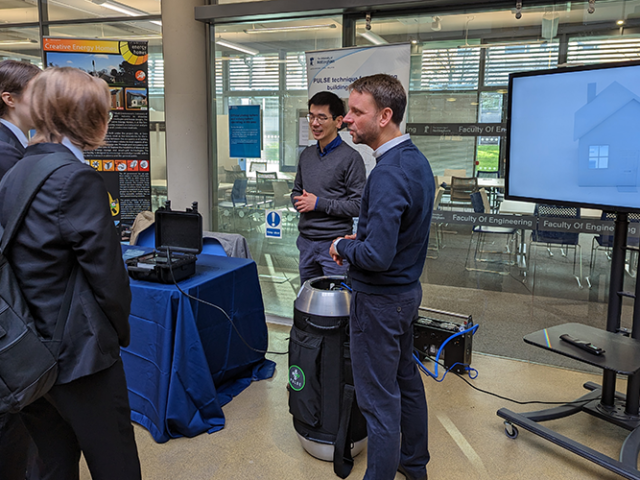John Reid, Vice President – Global Client Services at Cielo, believes the UK’s ambitious net zero targets will require an equally ambitious amount of focus, change, and investment from engineering and manufacturing companies.
The demand for green jobs is expected to grow in the coming years due to the increasing focus on climate change and sustainability. Many new green jobs will be in the engineering and manufacturing sector. To meet the government’s goals, business, and talent acquisition (TA) leaders are discussing the importance of ‘upskilling’ their employees to bridge the green skills gap.
Skills for the green future
The skills required for green jobs differ from traditional engineering and manufacturing roles. A SkillsFuture report found a rise in new engineering roles requiring expertise in emerging clean technologies, environmental sustainability management, digital proficiencies in the Internet of Things (IoT) applications, programming and coding, modelling, and big data analytics.
In the oil and gas sector, for example, a 2020 EY report highlighted a significant gap between the importance of certain skills and their current level of proficiency: data analytics had 91% importance but only 32% proficiency, and artificial intelligence had 68% importance compared to only 9% proficiency.
So, businesses that upskill their talent to accommodate the digital skills required of green jobs will future-proof themselves as the world transitions to meet net-zero targets. But there are a wide range of other benefits.
The numerous benefits of upskilling
Retention is a top priority for many engineering and manufacturing companies. When employees feel like they’ve run out of opportunities to grow and develop within a company, they will likely become restless and seek opportunities elsewhere.
Human reciprocation is incredibly powerful. If you invest in an employee, they’ll want to invest in you. The upskilling and development of your people is a proven way to boost engagement and reduce attrition.
Upskilling not only improves retention but also enhances attraction. You’ll attract others by simply showing that your employees are constantly growing and advancing into new, modern roles.
How else do we bridge the green skills gap?
The benefits of upskilling are clear, but it remains conceptual and has yet to become fully operational with many employers. While these conversations are still happening, there are other tactics companies can use to combat skills shortages.
Companies should review and invest in early career programmes to engage talent earlier in their careers, with a view to ‘grow their own’ rather than hiring experienced but expensive engineers.
Yet, despite being a hot topic, early career programmes alone won’t address skills gaps in the short term. For many engineering and manufacturing companies, the changes required are as much about culture and values as they are about process and technology.
A real barrier for more traditional companies is the speed they can mature into this new and evolving world. This will decide whether they can keep pace with their competitors.
Companies are also starting to see the value in demand planning, with new technologies making this data more accessible.
Recent events have demonstrated the value of having supply chains closer to home. However, this will undoubtedly expose skills gaps in those demographics.
As companies continue to review their supply chains, it may highlight a need to upskill those existing workforces should they decide to onshore activity which has historically been offshored. Still, companies should consider VISA sponsorship options to open the door to international talent.
Let’s keep the positive trend going
We’re seeing positive moves in the right direction. Hiring managers are becoming more flexible on essential skills when starting a recruitment process – no longer mandating industry experience, which has historically been an expectation. While not specifically upskilling, this is a positive move forward.
Similarly, more companies want to discuss their brand and employee value proposition (EVP). HR and business leaders increasingly recognise that attracting talent is now much more sophisticated, competitive, and expensive, making a company’s EVP far more critical.
There’s no quick answer to meeting the UK’s net zero targets. But building a strategic approach to upskilling talent, and translating discussions into actions, are critical steps in developing the necessary skills for success.




